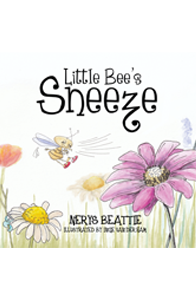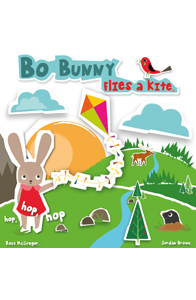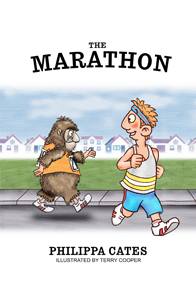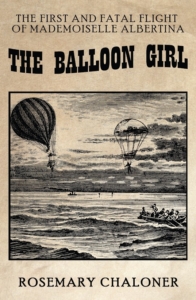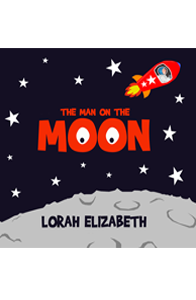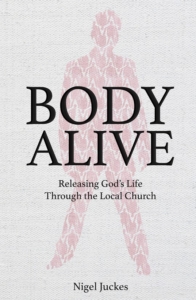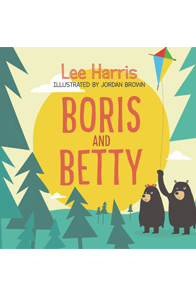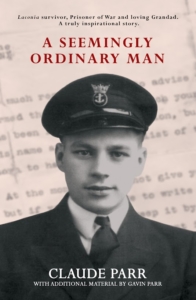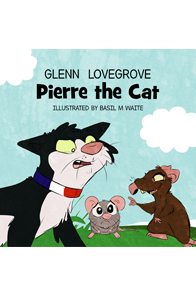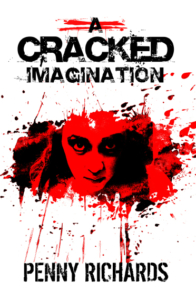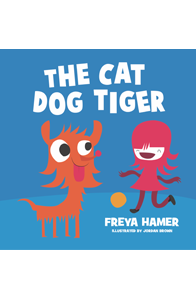Last week we discussed creating the right environment within which students can write creatively. I also documented two other concerns which students raised when faced with the challenge of writing creatively which was what to write about and where to start.
What to write about is what I hope to address in this week’s blog. These concerns no doubt present themselves to writers across the spectrum of experience, but those who have been writing for a while have more experience in reading and writing which will aid them. The other big difference is that the more you write the more confident you will be at starting the process. For younger or less experienced writers the lack of reassurance and validation of their work can prevent them from committing to a task. As an advocate for various disciplines of English I always refer to reading as the key to unlocking or improving a variety of skills such as vocabulary, punctuation, sentence structure, etc. Others may choose to disagree but what is without doubt is that reading – if coupled with proper analysis of literary techniques – can help students of writing to identify, mimic and even attempt to emulate a range of styles and approaches. Nevertheless, there are ways which we can help to get young writer’s brains whirring and their pens dancing across the page.
‘I don’t know what to write about.’ Not a problem. Let’s start with the basics which would be to write what you know. This could be a day at the seaside, a recent holiday or a concert that you attended. This is all well and good and if you were to ask a class to write about what they know the majority of the students would engage with the task, but simply reporting a series of events in detail would not get them thinking creatively, this is merely ‘reporting’. Maybe, in these circumstances, would be better to suggest the use of a sentence alongside their experiences, such as: ‘It all went horribly wrong when…’ or ‘But we had no idea what was just around the corner…’. The use of these sentences may generate creativity and prevent them from straying from a more factual path. You may still receive a few comments which state that they haven’t been on a day out, a holiday or to a concert so still have nothing to write about; in these instances I would suggest that they choose a destination or concert which they would like to visit or attend and write about that instead. Not only are these students actually thinking creatively about the task but if they need further support allow them to carry out research on their subject which is a valuable part of the process for creative writers. Some have lots of experiences to draw upon while others don’t – or claim they don’t – but I don’t see either as a problem.
A further argument to ‘write what you know’ is provided by Nathan Englander, the critically acclaimed author of What We Talk About When We Talk About Anne Frank. Englander says that “write what you know” is one of the best and most misunderstood pieces of advice, ever. It paralyzes aspiring authors into thinking that authenticity in fiction means thinly veiled autobiography. If you’re a drunken, brawling adventurer, like Hemingway, no problem. But Englander, who grew up in the Orthodox Jewish community of West Hempstead, New York, says he spent a lot of his childhood watching TV, playing videogames, and dreaming about being a writer. So if it doesn’t mean authenticity, what does the phrase mean? Englander goes on to suggest that what you know are in fact emotions. If you have felt love or loss, hatred or fear, or anything on life’s kaleidoscope of emotions then write about them and the readers will feel it. While I actually agree with this it still strikes me that the reader will be experiencing or sharing in something authentic unless these emotions are harnessed in order to produce something completely new.
Personally I think that everyone has a story to tell but this doesn’t mean that every person’s autobiography would be a thrilling read. What I do mean is that everyone has a number of life experiences which are unique to them and some of these have shaped the way that they have reflected on a particular event and their view of the wider world on an ongoing basis. Rather than write about ‘these’ places, people or scenarios they can simply provide the nucleus of an idea from which other stories can be told. If you’re writing about a night out in a foreign country it may be that you found your bar straight away but walked past an intriguing doorway from inside of which you could hear music thumping. For the purposes of your story you now suddenly recall these details as your character stumbles down some dark alleys in the vain pursuit of a particular person when upon locating them finds that they have entered this run-down underground club covered in graffiti with burly, somewhat sinister looking doormen outside, and yet when you got inside you quickly realised that this underground club was not one which welcomed you. It could be that you spent a night at a small gig and watched as one of the women in front of you was unable to take her eyes off the woman beside her. This observation can take on a life of its own as you imagine her ignored fixation as the woman beside her obliviously dances and talks to the woman standing in front of her.
Rather
than write about any of the things you actually witnessed in a matter
of fact fashion, they may simply provide elements of your story. For
example, you may recall details of the concert venue and use some of
these features to create a setting for part of your story. The
surroundings which you have witnessed first-hand then lend themselves to
describing something in greater detail than you may perhaps have
imagined. Equally, these same girls in front of you could inspire a
whole new plot. The woman fixated on the other could be a psychopath or
an old friend, or it could indeed be a scene of unrequited love. As always, these are simply random suggestions but the point I am making here is that small observations from real-life experiences can contribute to or help shape your story and characters.
If these glimpses of our past can contribute to the creation of stories then so too can TV programmes, inanimate objects and our general understanding of the world which we can thank our family, friends and enemies for. We all know someone ‘like that’ and we can all ‘remember when’ so let’s use every day we’ve had on this earth and create something new, something only you with your unique history and personality would be able to create. Rather than ‘write what you know’ maybe the phrase better employed for new creative writers is to ‘use what you know to write’.
As always, happy writing!
A blog by Steve Marshall
—
Resources:
Gots,
J. (2012) ‘“Write what you know” – the most misunderstood piece of good
advice, ever.’ in Big Think. 1st March 2012. Accessed online at:
https://bigthink.com/think-tank/write-what-you-know-nil-the-most-misunderstood-piece-of-good-advice-ever


